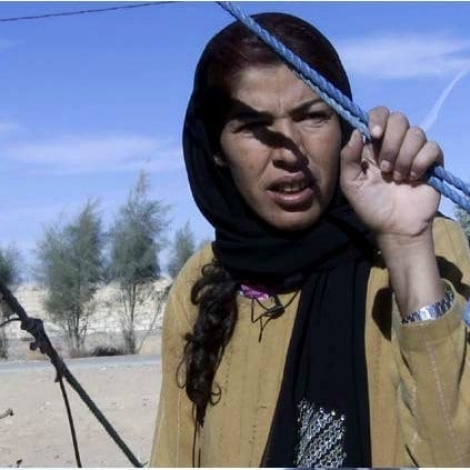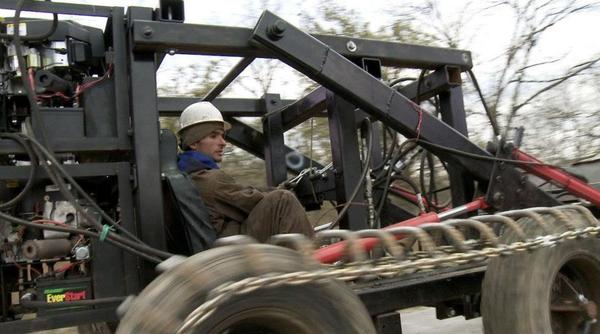By Rebecca Ciez
Engineering for Change
Rafea: Solar Mama, an inspiring documentary, follows a Bedouin woman called Rafea from her village in Jordan to the rural Indian village of Tilonia. There, she enrolled in Barefoot College to train to become Jordan’s first female solar engineer.
Directors Mona Eldaif and Jehane Noujaim originally intended to follow multiple women from around the world as they dealt with the challenges of studying solar engineering in a foreign language with little previous formal education, but they quickly learned that Rafea faced additional personal challenges, and watching her navigate them with persistence and humor is the strength of this film.

Barefoot College was founded by Sanjit Roy in 1972, and has since provided education to people from rural communities who earn less than $1 per day. One of the organization’s guiding beliefs is that by training grandmothers, who have a vested interest in remaining in their own communities, it is possible to spread knowledge to the most remote communities. Barefoot College staff search worldwide for potential students who meet these criteria. When one of the candidates selected in Jordan is unable to attend, Rafea makes a spur-of-the-moment decision to take her place instead, even though she is a mother, not a grandmother.
While her age does not affect Rafea’s performance in the classroom, it does mean that her family situation is complicated. With an unsupportive husband, Rafea leaves her four children in the care of other relatives, many of whom have their own doubts about a mother leaving her children for six months, which is the duration of the program.
Eldaif clearly did an excellent job of building trust with Rafea and her family to be able to bear witness to their conflict. And Eldaif is equally successful in capturing the supportive friendships that develop between the students at Barefoot College. Throughout the film, Rafea’s comments on both her family challenges and immersion in a new culture provide necessary comic relief, and help to make this an extremely watchable documentary.
Although the film does an excellent job of depicting Rafea’s personal challenges, the coverage of the actual development of a solar program is very light. Few details about the curriculum at Barefoot College are shown in the film, and even less information is provided about how the graduates of Barefoot College translate their skills into practice upon returning home. The role that individual governments play in the process of selecting students and establishing women as practicing solar engineers is also unexplained, so those looking to use the film as a model for a solar engineering education or implementation project should seek other resources.
Fans of the film can keep up with Rafea’s progress through updates on the documentary’s Web site and social media. You can also visit the Web site to request a screening in your community.
Related resources
The Spark documentary celebrates two visionary American farmers
A new documentary links the work of two change makers in two very different parts of America.
An inside look at a new documentary on extremely afforrdable design
Filmmaker Ralph King showcases three prototypes appropriate for developing countries and pilots film-driven education in grade schools.
Ten things you can do with sunlight
Solar panels, sure, but have you heard of solar steam pumps or agricultural dryers?


In my free time, I always watch movies. I think its a perfect time to relax and enjoy the day. Never had the chance to watch this. I will add it to my movie to watch checklist. Thanks for letting us know!